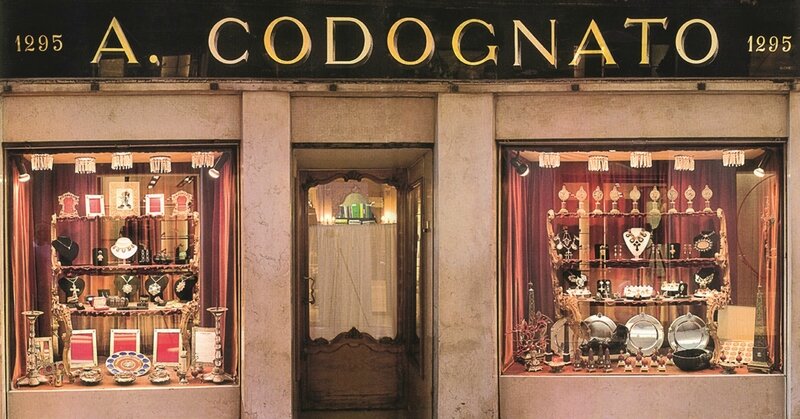Elisa Segrave knows her mother only as a self-indulgent drunk… until she discovers a cache of wartime diarie
"All the members of my immediate family," writes Elisa Segrave, "including my deceased father, were alcoholics." So, unfortunately, was her mother. Segrave spends much of the book and her own life in bitter combat with a liquid, furious with her mother, Anne, for drinking and the excuses for that drinking – the death of her husband and two of her children. It isn't until Anne is carted off to a retirement home and Segrave goes through her possessions that she finds a cache of diaries detailing her mother's life before, during and after the second world war.
Anne was raised in a grand house in Sussex called Knowle (to differentiate it from the even grander Sackville-West Knole), spent her adolescence travelling around the Balkans and Russia, and then enlisted in the WAAFs when war broke out. By May 1941 she was at Bletchley Park, indexing information decoded through Enigma decryption and ensuring it reached all the relevant section heads.
Apart from flashes of sunshine such as Churchill's visit in September 1941, Anne was miserable for much of her time at Bletchley. "An affair with someone in London would be the answer to all problems," she concluded. She wasn't short of offers, from men and women. By the end of the war she had received 20 proposals of marriage – all declined – and had several lesbian relationships, which were probably mostly chaste but which renewed Anne's enthusiasm for life and work.
Life after the war was less glamorous. Marriage to a scoundrel, three children (one of whom, Raymond, drowned on Elisa's seventh birthday) and then the long fall into darkness. Reading her mother's wartime diaries gives Elisa a more three-dimensional picture of her. "For at least three-quarters of my life with her, she had often been drunk, self-indulgent and a burden to me."
Anne's wartime diaries are vivid and charming, see-sawing between passion and ennui, but her daughter's self-absorbed commentary blocks the flow of the narrative, and there are no new revelations or information from the wartime material. The sense of reading over a relationship still raw makes for an uncomfortable experience. The Girl From Station X could have done with both a vigorous editor and a good therapist.













